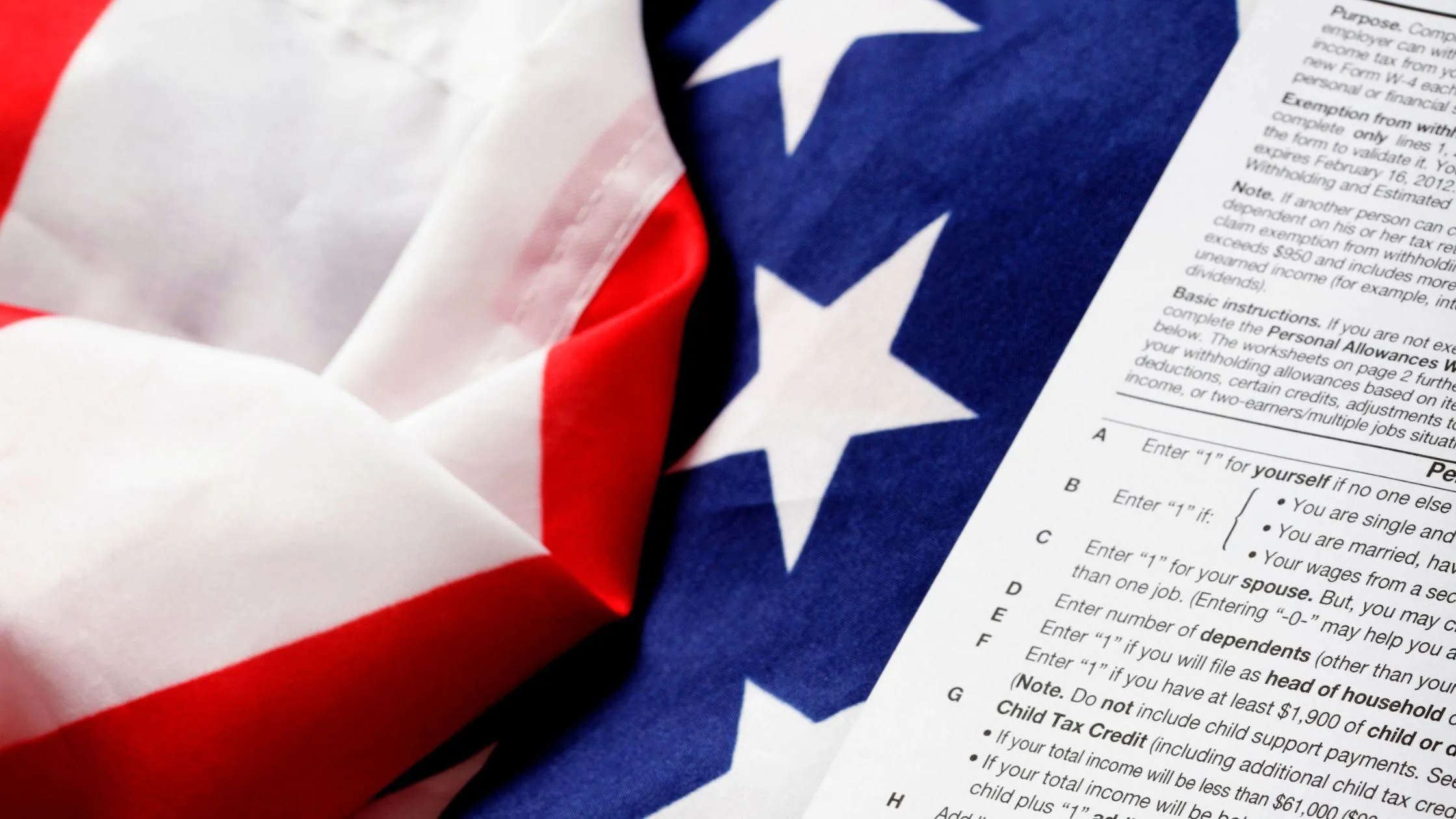America is often called the Land of Opportunity, so let’s take the opportunity to understand their tax system. Churchill famously said that Americans always try to do the right thing after they’ve tried everything else – and it could be argued that they are still experimenting when it comes to taxes, since they are one of the very few nations in the world that have not adopted a VAT or GST regime.
What is US Sales Tax?
Sales tax in the USA is a consumption tax on the sale of goods and services, so in that respect, it’s the same as VAT. But this tax differs because it’s only levied on the final transaction with the customer – no one else along the supply chain has any charging or reporting requirements.
Simply put: if you sell a product to a party that will use your good or service in some way to make their own supply, then US sales tax should not apply. Whether the transaction is B2B or B2C, it is a tax on the end customer only.
The tax is imposed at a state level, so there is no federal law which governs the tax for the USA as a whole. The first state to implement a sales tax was West Virginia in 1921 and since then, it has been adopted by 46 states (and is used in Washington DC, which – to confuse matters – is a federal district and not exactly a state).
How Sales Tax Works for Businesses
Although the tax is charged by the state and local authorities, it is administered by the seller who is responsible for charging it. A merchant must charge sales tax if it has a ‘Nexus’ in the state, which is the USA’s fancy way of saying “a legal obligation to register and collect sales tax”.
Since each state is responsible for its own sales tax, there are 47 sales tax compliance regimes to consider. The rules vary widely around what products are taxable, how Nexus is created and what the reporting requirements are.
Once a seller works out what tax rate to apply, it will be necessary to file returns to each jurisdiction for which sales tax is collected. This all means it is virtually impossible to comply with US sales tax manually, and so merchants need to find a tech solution to automate the compliance process.
3 Key Challenges of US Sales Tax
1. Multiple Rates
Probably the most difficult problem to solve is what rate of sales tax to charge… each state has a “headline” state rate, but there may be several local rates in the thousands of tax jurisdictions. Within a state, there are often multiple rates per special district, county, and city. Therefore, more accurate rates are determined based on address.
2. Taxability Rules
Adding another layer of complexity are the various rules that determine which goods and services are taxable and at what rate. Here are some common examples:
- Basic goods: Many states exempt groceries or essential items like clothing from sales tax to ease the burden on consumers.
- Prepared food: Prepared food might be taxed at a different rate than groceries.
- Services: The taxability of services can vary widely. For instance, software-as-a-service (SaaS) might be taxable in one state but exempt in another.
- Manufacturing equipment: Some states offer tax breaks by exempting purchases of machinery and equipment used in manufacturing.
3. Sales Tax Holidays
A few states offer sales tax holidays throughout the year. During these limited periods, specific categories of items, like back-to-school supplies or energy-efficient appliances, are temporarily exempt from sales tax.
These holidays can be a marketing opportunity for businesses but require attention to ensure proper tax application during and after the exemption period.
Wrapping Up the US Sales Tax Maze
The US sales tax system, while complex, presents a valuable opportunity for businesses to understand the nuances of American commerce. Unlike the VAT or GST systems common elsewhere, US sales tax focuses solely on the final consumer, simplifying the tax burden for businesses within the supply chain. However, the sheer number of state and local variations creates confusion around the rates and regulations.
By embracing technology solutions (like ours!), seeking help from sales tax experts, and staying informed about ongoing changes, businesses can navigate this intricate system effectively. Remember, knowledge is power – having a thorough understanding of US sales tax allows you to operate your business confidently and compliantly in the American marketplace.
